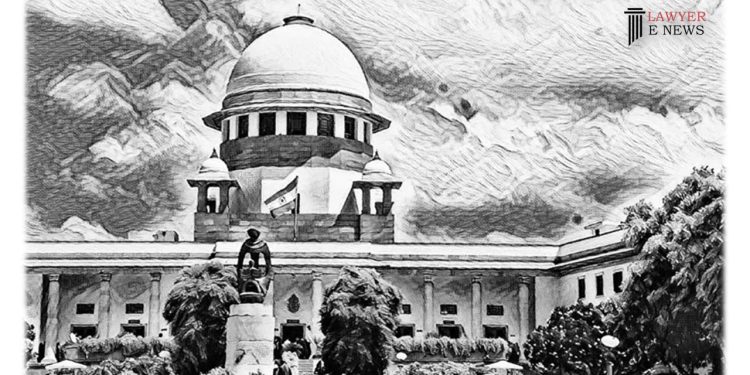-
by Admin
16 February 2026 1:47 PM



Supreme Court of India, in a significant judgment on February 15, 2024, declared the electoral bonds scheme unconstitutional. This ruling came after a batch of petitions challenged the validity of the scheme. Here are more detailed insights into the judgment:
Violation of Freedom of Speech and Expression: The Court held that the electoral bond scheme violates the freedom of speech and expression under Article 19 of the Constitution. This aspect of the judgment highlights the Court's concern over the potential impact of anonymous funding on the democratic process.
Directive to Stop Issuance of Bonds: The Supreme Court directed the issuing bank, which is the State Bank of India (SBI), to immediately stop the issuance of electoral bonds. This is a direct and immediate consequence of the scheme being struck down.
Submission of Details to Election Commission: The Court has asked SBI to submit details of political parties that have received contributions through electoral bonds from April 12, 2019, to the present date to the Election Commission. This move is aimed at bringing transparency to political funding.
Right to Information and Political Privacy: The judgment emphasized that the fundamental right to privacy includes citizens’ right to political privacy and affiliation. The Court also held that anonymous electoral bonds are violative of the right to information, which is a cornerstone of a democratic society.
Composition of the Bench: The judgment was pronounced by a five-judge Constitution bench headed by Chief Justice D Y Chandrachud, along with Justices Sanjiv Khanna, BR Gavai, JB Pardiwala, and Manoj Misra.
Nature of Electoral Bonds: An Electoral Bond is essentially a promissory note or bearer bond that can be purchased by individuals, companies, firms, or associations, provided they are citizens of India or incorporated in India. These bonds are issued specifically for contributing funds to political parties.
Eligibility for Receiving Bonds: Only political parties registered under Section 29A of the Representation of the People Act, 1951, and securing not less than 1% of the votes polled in the last Lok Sabha or state legislative assembly elections, are eligible to receive electoral bonds.
Government's Stance: The Central Government had defended the scheme, stating that the methodology of the Electoral Bonds scheme is a "completely transparent" mode of political funding and argued against the possibility of black money or unaccounted money being used.
Challenges to the Scheme: Various petitions, including those by NGOs like Association of Democratic Reforms and Common Cause, challenged amendments made to different statutes through the Finance Act 2017 and Finance Act 2016. They argued that these amendments opened doors to unlimited, unchecked funding of political parties and were passed as money bills inappropriately.
This judgment by the Supreme Court is a landmark decision in the context of political funding in India, emphasizing the need for transparency and accountability in the electoral process.
